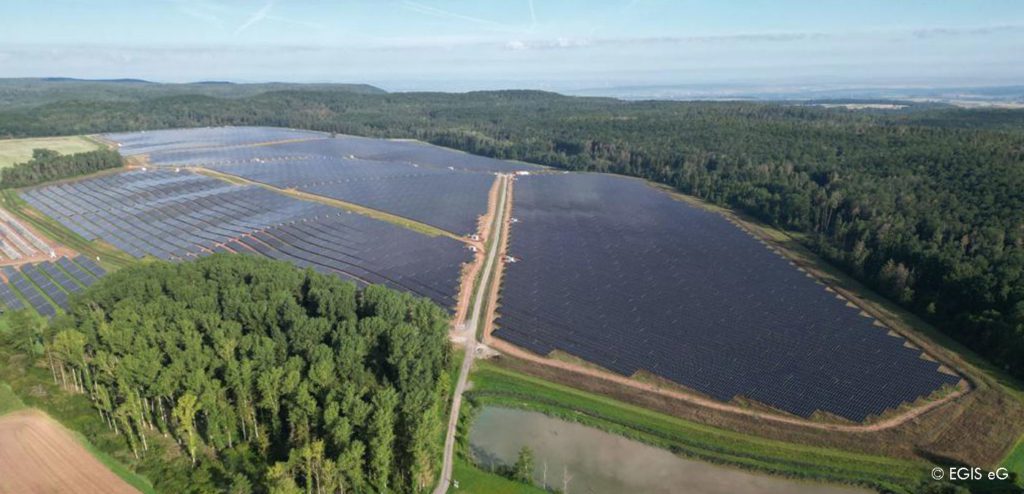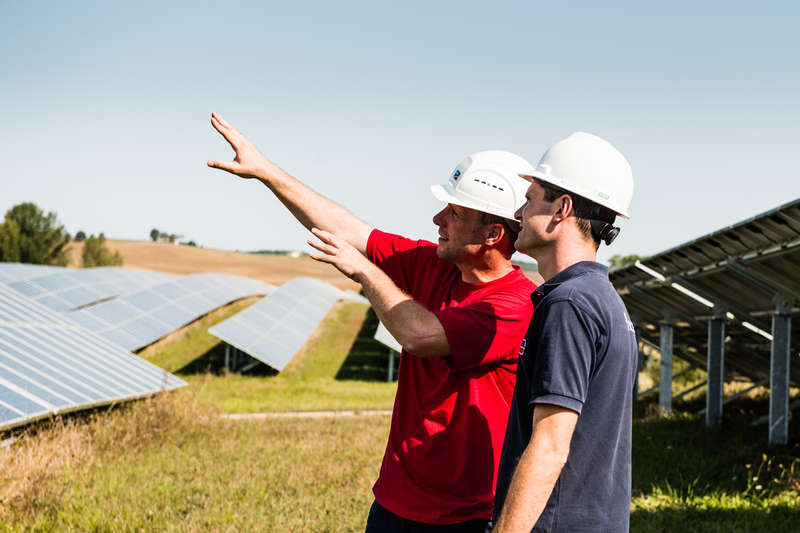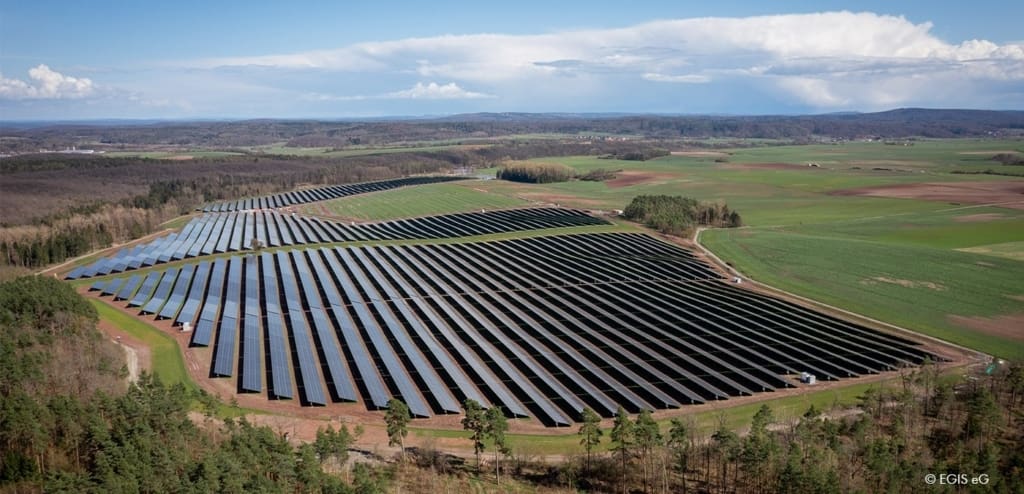Change in perspective: d13 & energy revolution

Unreasonable? Unnecessary? Unimportant? – Not even close! Innovative? Democratic? Farsighted? – And how! It has been underscored by both dOCUMENTA (13) and the current public debate over the cost of the energy revolution: Contemporary art and renewable energies have more in common than you might think. For instance, both are frequently criticized despite the fact that contemporary art analysis and the possibilities of renewable energies are primary and indispensable investments in our planet. The underlying requirement here is always the same – you must be prepared to change your perspective and leave the well-worn paths behind – only then can you see the opportunities offered by new circumstances.
Voting rights for strawberries?
There were a number of provocative headlines prior to the launch of dOCUMENTA (13). According to press reports, Carolyn Christov-Bakargiev, artistic director of the exhibition, demanded voting rights for bees and strawberries and compared women with dogs. Ultimately, Christov-Bakargiev explained in a television interview that of course strawberries would not be growing legs and walking to the voting booth. Rather, dOCUMENTA (13) seeks to inspire people to reshape their perspective and mind-set; to move away from a human-centric way of view thinking. People make up only a small part of life on earth, and the political system of the future must also consider the democratic rights of plants and animals. This involves the big picture – not just the individual – and therefore also involves reshaping perspectives.
Expensive revolution?
Renewable energy advocates have already changed their perspective. As many surveys have repeatedly shown, this attitude shift is representative of broad sections of the population in many countries around the world. In the current energy revolution discussion happening throughout the German public, the perspective has nevertheless narrowed to a one-sided consideration of the supposed high cost of renewable energies. The enormous progress that has been made in reducing the cost of renewables is given as little emphasis by some parts of the governing coalition as are the outstanding long-term prospects for the energy revolution. This is criticized by both interest groups from the field of renewable energies and also by representatives from business such Mario Ohoven, president of the German Association for Small and Medium-sized Businesses (BVMW).
The fact is that power generated from renewable energies is becoming more and more affordable. For instance, production of one kilowatt hour of photovoltaic electricity costs about 65 percent less today than in 2000. Coal, on the other hand, costs more than twice as much today as it did twelve years ago with prices continuing to grow, and not only for coal but also for natural gas. Furthermore, the high level of CO2 emitted from fossil fuels during power generation damages the climate. The cost of this is not included in the prices for conventionally generated power, just as prices for energy produced by nuclear power plants do not include the costs for – the still uncertain – disposal of radioactive waste that accrues during production and as the plants are phased out. Those who will ultimately be responsible for this are as yet completely undetermined.
A profitable investment?
Nobody disputes that we will have to begin by investing in the conversion to a clean and reliable electricity supply for the future. However, there is no alternative to this investment. And while the costs for subsidizing renewable energies are clearly and transparently listed on each electricity bill in the form of the EEG apportionment, the true cost for fossil and nuclear electricity production and, their disastrous consequences to humans, animals and plants, is not to be found anywhere.
Key to a sustainable future
This is where the connection with dOCUMENTA (13) comes in: The transition to clean and sustainable power generation without the hidden aspects and subsequent costs requires an integrated perspective – and is key to a sustainable future in which the rights of all living things are considered.
dOCUMENTA (13) has been received very positively by critics and the public alike and, just as Carolyn Christov-Bakargiev hopes, will inspire many people to change their way of thinking. Just as the energy revolution is changing our perspective about the future of the energy supply. Decentralized. Democratic. Renewable. There’s no avoiding it.




Feel free to contribute!